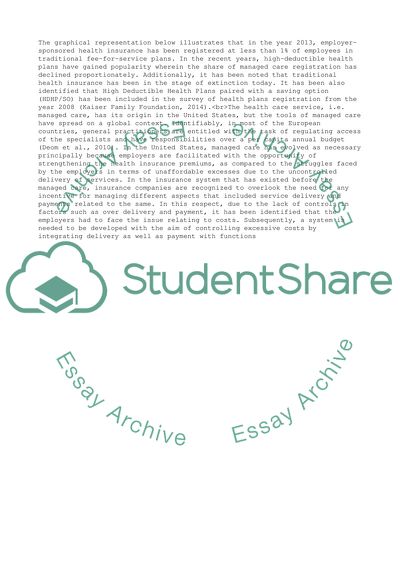Cite this document
(“Managed care Essay Example | Topics and Well Written Essays - 1500 words”, n.d.)
Managed care Essay Example | Topics and Well Written Essays - 1500 words. Retrieved from https://studentshare.org/management/1678171-managed-care
Managed care Essay Example | Topics and Well Written Essays - 1500 words. Retrieved from https://studentshare.org/management/1678171-managed-care
(Managed Care Essay Example | Topics and Well Written Essays - 1500 Words)
Managed Care Essay Example | Topics and Well Written Essays - 1500 Words. https://studentshare.org/management/1678171-managed-care.
Managed Care Essay Example | Topics and Well Written Essays - 1500 Words. https://studentshare.org/management/1678171-managed-care.
“Managed Care Essay Example | Topics and Well Written Essays - 1500 Words”, n.d. https://studentshare.org/management/1678171-managed-care.


